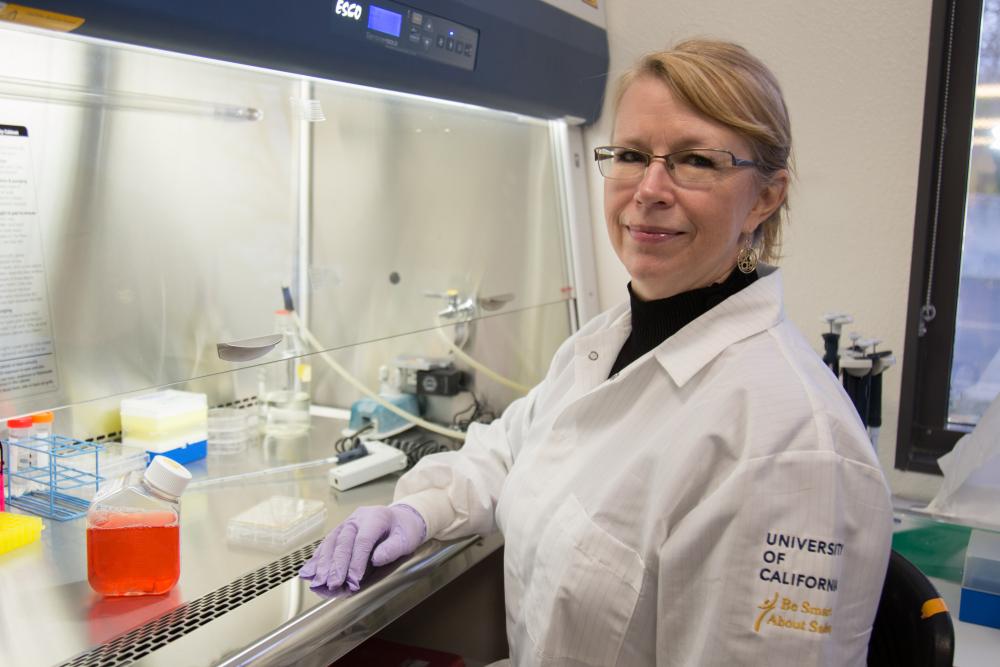
Substance Use Disorders (SUDs) or “addiction” is the fastest-growing health and well-being threat in western society. Abuse of drugs, including illicit/illegal drugs, alcohol and prescription opioid- painkillers exacts more than $740 billion annually in costs. More specifically, every day in the US more than 125 people die of an opioid overdose, and excessive alcohol use kills an additional 250. Despite these alarming statistics, not a single pharmaceutical company is pursuing therapeutics to intervene in SUDs. Furthermore, the only therapeutics designed to treat addiction either (1) block the rewarding effects of drugs and show poor compliance (e.g., naltrexone for alcoholism) or (2) use a less “dangerous” drug as a substitute (e.g. methadone/buprenorphine for opioid abuse). Addiction is a disease of the brain in which cells and circuits are altered from what is “normal”. Recovering addicts remain at risk for relapse for months/years/decades, indicating that drug-induced changes in the brain continue to lie-in-wait. So why are we substituting one drug for another or blocking reward—a very normal and important emotion? Why are we not, instead, developing drugs or other cognitive interventions that can help the brain return to “normal”?
The Center for Neuroscience’s Substance Abuse Research Program fosters a new approach to team science and research in SUDs to underscore the relevance of memory, decision making, brain development and co-morbid neurological disorders to addiction and to translate our findings into a new therapeutic development pipeline to treat SUDs. Led by Professor Jennifer Whistler, the Substance Abuse Research Program is leveraging the Center’s nationally and internationally recognized excellence in basic and translational neuroscience to identify and validate druggable targets, circuits that have been “rewired” in the addicted brain, and structural and activity changes associated with disease parameters such as relapse susceptibility. The Program aims to make substantial discoveries to inform new treatments and therapies to improve individual and public health.
